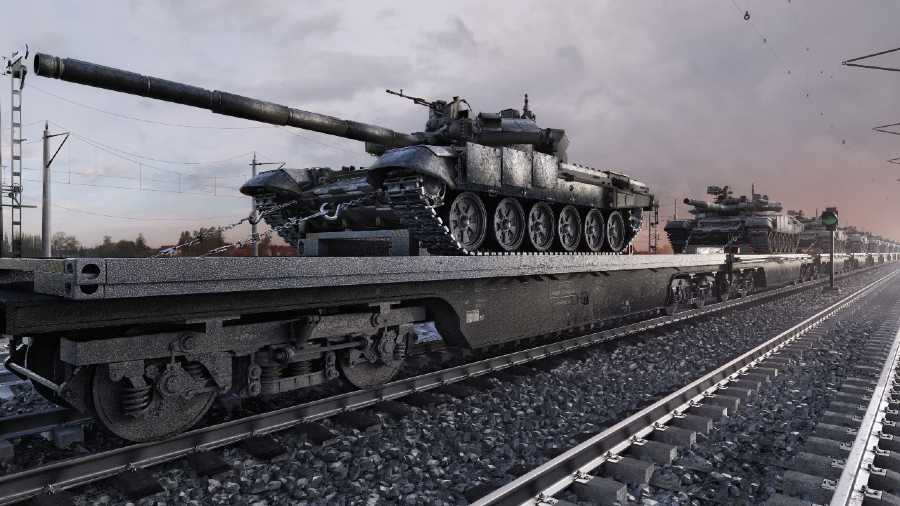Ulrike Franke is a self-confessed German millennial, a defence analyst who worries about her generation’s allergy to the military, especially as it moves into positions of power.
“After 30 years of peace,” she wrote last year in a well-read essay, “German millennials have a hard time adjusting to the world we are living in now. We struggle to think in terms of interests, we struggle with the concept of geopolitical power, and we struggle with military power being an element of geopolitical power.”
Russia’s massive and open military threat to Ukraine, she and others say, is now shaking a sense of complacency among young and old Europeans alike who have never known war, hot or cold. For some, at least, the moment is an awakening as the threat of war grows real.
But just how far Europe is prepared to go in shifting from a world where peace and security were taken for granted remains to be seen. For decades Europeans have paid relatively little in money, lives or resources for their defence — and paid even less attention, sheltering under an American nuclear umbrella.
That debate had begun to shift in recent years, even before Russia’s menacing of Ukraine, with talk of a more robust and independent European strategic and defence posture. But the crisis has done as much to expose European weakness on security issues as it has to fortify its sense of unity.
Franke, 34, a senior fellow with the European Council on Foreign Relations, is not convinced that anything short of a major Russian invasion of Ukraine will very much alter public opinion.
“We’re having in Europe and Germany a status quo problem,” she said in an interview. “We’re very comfortable with this version of European security, and most people don’t realise that to defend this status quo we need to act.” The elite feel the cold wind from Russia, she said, but “on the level of public opinion, people want to be left alone and for nothing to touch them”.
New York Times News Service










